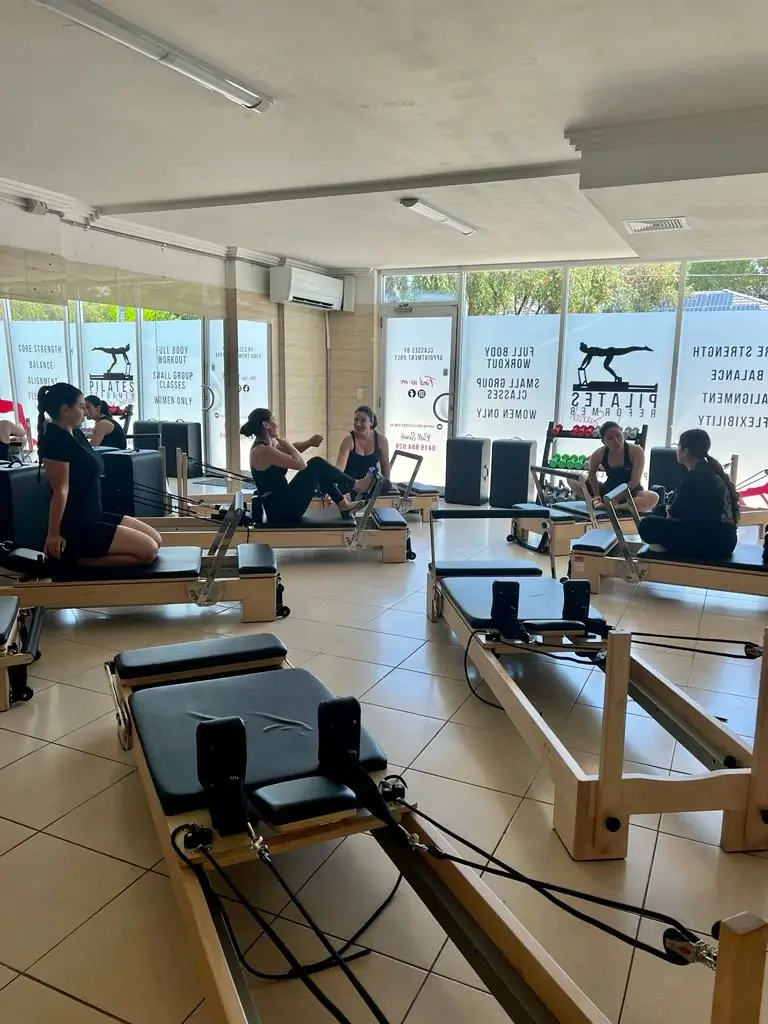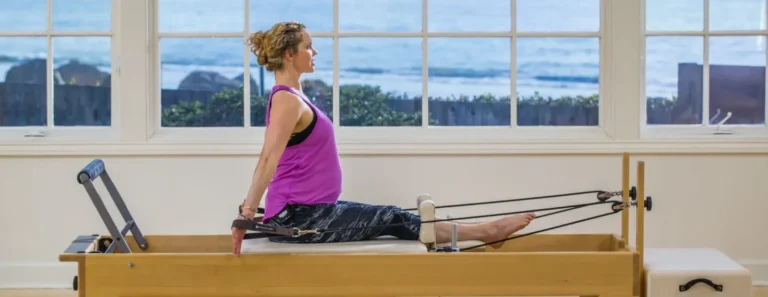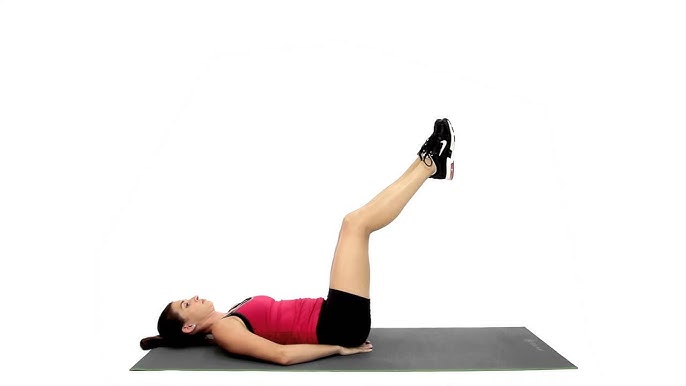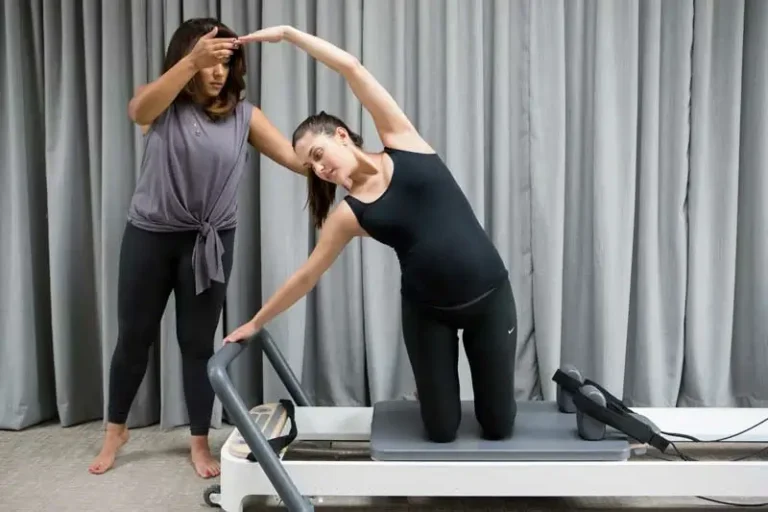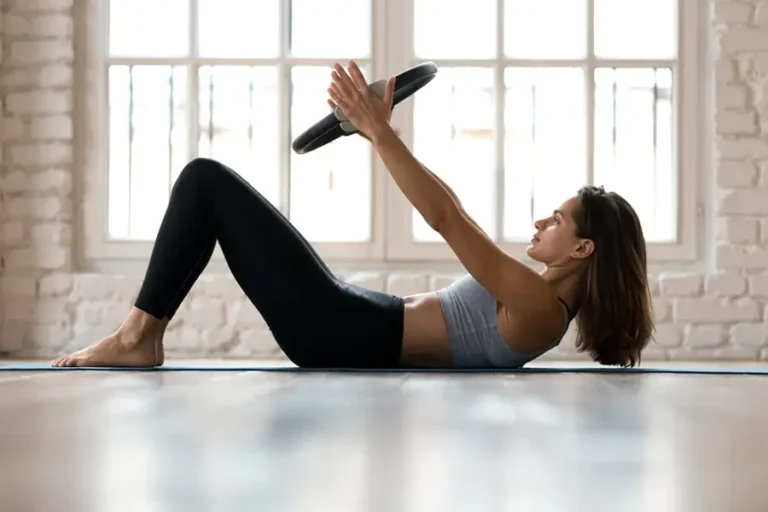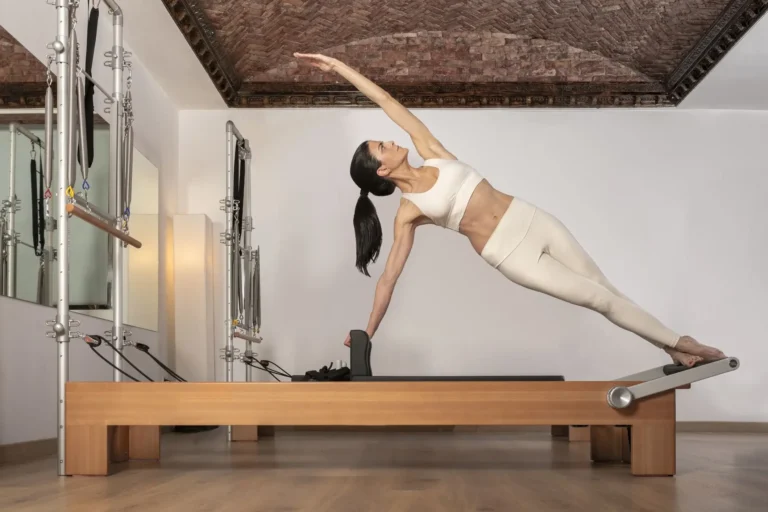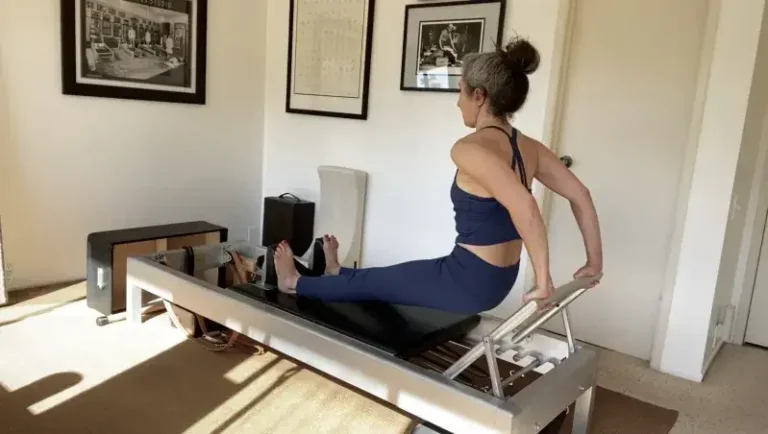How Often Should You Do Reformer Pilates?
Reformer Pilates is renowned for its effectiveness in enhancing core strength, flexibility, and overall well-being. How Often Should You Do Reformer Pilates? however, when it comes to incorporating it into your fitness routine, the frequency of Reformer Pilates sessions is a crucial consideration.
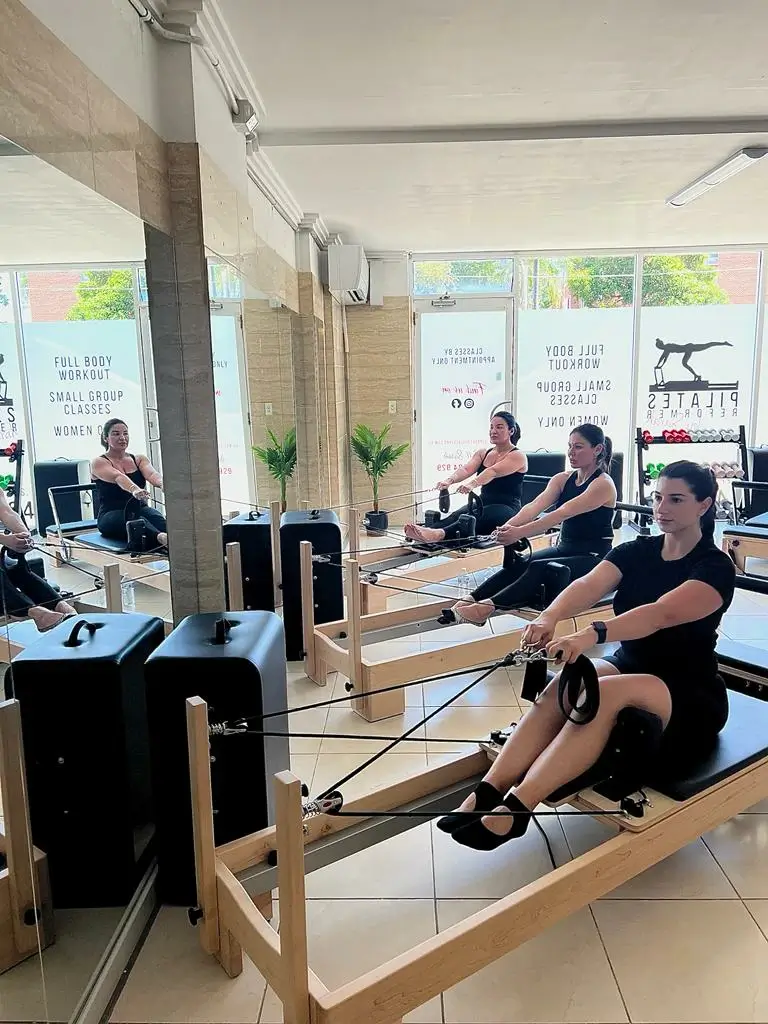
Understanding Reformer Pilates
Before delving into the frequency, it’s essential to grasp what Reformer Pilates entails. This form of exercise involves controlled movements on a specialized machine, the Pilates reformer, which uses springs and resistance to target various muscle groups.
Factors Influencing Frequency
Several factors play a role in determining how often one should engage in Reformer Pilates:
Fitness Level:
Individuals with different fitness levels may have varying capacities for exercise. Beginners may start with fewer sessions and gradually increase as their strength and endurance improve.
Health Goals:
Your fitness objectives also impact the frequency of Reformer Pilates. If your goal is to build core strength, you might choose a different frequency than someone aiming for overall flexibility.
Time Availability:
Considering your schedule is crucial. While consistency is key, it’s essential to choose a frequency that aligns with your daily routine to maintain a sustainable workout plan.
Instructor Guidance:
The expertise and guidance of a certified Reformer Pilates instructor are invaluable. They can assess your individual needs and recommend an appropriate frequency tailored to your fitness level and goals.
General Recommendations
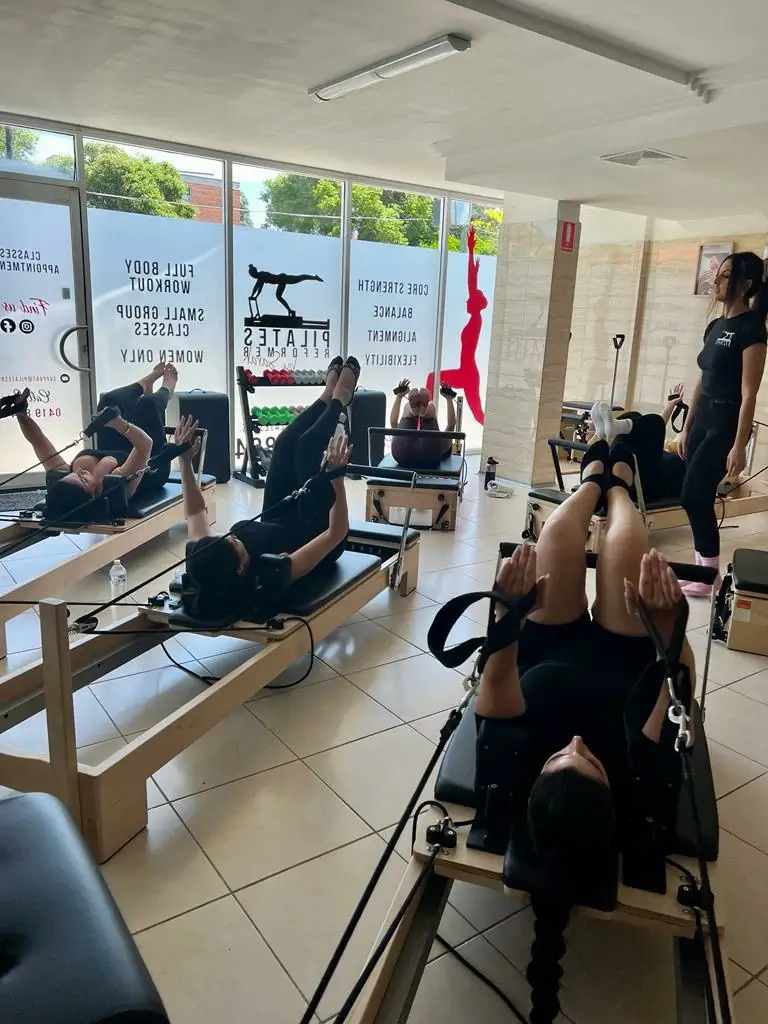
While individual circumstances may vary, here are some general recommendations for how often you should do Reformer Pilates:
Beginners:
For those new to Reformer Pilates, starting with 2-3 sessions per week is advisable. This allows the body to adapt to the exercises and minimizes the risk of overexertion.
Intermediate to Advanced:
Individuals with a moderate to advanced fitness level may benefit from 3-4 sessions per week. This frequency helps maintain and improve strength and flexibility over time.
Maintenance Phase:
Once you’ve achieved your fitness goals, you may choose to reduce the frequency to 2-3 sessions per week for maintenance. This allows you to continue reaping the benefits without the same level of intensity.
Listening to Your Body:
Regardless of your fitness level, it’s crucial to listen to your body. If you feel fatigued or notice any discomfort, it’s advisable to give your body adequate rest and recovery time.
Consulting with Your Instructor and Healthcare Professional
Before establishing a set frequency, consulting with both your Reformer Pilates instructor and healthcare professional is paramount. They can provide personalized recommendations based on your health status, fitness goals, and any specific considerations related to your well-being.
FAQs – How Often Should You Do Reformer Pilates?
Can Reformer Pilates Harm My Baby?
When done with proper modifications and under expert guidance, Reformer Pilates is generally considered safe for both the mother and the baby. However, individual circumstances may vary, emphasizing the importance of consulting with a healthcare professional.
When Is the Best Time to Start Reformer Pilates During Pregnancy?
In most cases, it’s safe to start Reformer Pilates during the first trimester. However, it’s crucial to consult with a healthcare provider to ensure there are no contraindications based on individual health conditions.
How Often Should Pregnant Women Do Reformer Pilates?
The frequency of Reformer Pilates sessions can vary. It’s advisable to start with 2-3 sessions per week and adjust based on individual comfort and energy levels. Regular communication with both the healthcare provider and the Pilates instructor is key.
Are There Specific Exercises to Avoid?
Certain exercises, especially those involving lying flat on the back or putting excessive pressure on the abdomen, should be avoided during pregnancy. Your instructor should provide clear guidelines on modifications and alternatives.
Can Beginners Try Reformer Pilates During Pregnancy?
A5: Beginners can certainly explore Reformer Pilates during pregnancy, but it’s crucial to start gradually and choose an instructor experienced in prenatal fitness. Modified exercises and attentive guidance ensure a safe introduction to this form of exercise.
Is Reformer Pilates Suitable for All Trimesters?
Reformer Pilates can be adapted for all trimesters, with modifications as the pregnancy progresses. However, it’s essential to communicate any discomfort or changes with both the healthcare provider and the Pilates instructor.
What Modifications Are Recommended for Advanced Practitioners?
Advanced practitioners may need specific modifications to accommodate their fitness level and address the changing needs of pregnancy. Individualized guidance from a qualified instructor is crucial.
Can Reformer Pilates Help with Postpartum Recovery?
Yes, Reformer Pilates can contribute to postpartum recovery by targeting core strength and overall muscle tone. However, it’s advisable to wait for postpartum clearance from a healthcare professional before resuming intense workouts.
How Does Reformer Pilates Contribute to Mental Well-being During Pregnancy?
Reformer Pilates, with its focus on controlled movements and mindfulness, can positively impact mental well-being during pregnancy. The combination of physical activity and relaxation techniques promotes a holistic approach to prenatal health.
Wrap Up
In conclusion, the frequency of Reformer Pilates sessions is a personal choice influenced by various factors. Finding the right balance that aligns with your fitness goals, lifestyle, and individual needs ensures a sustainable and effective workout routine.

